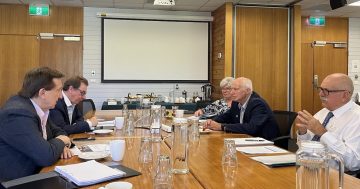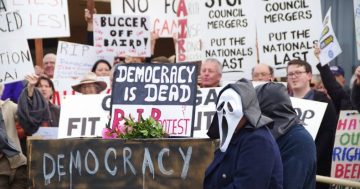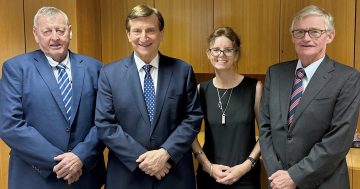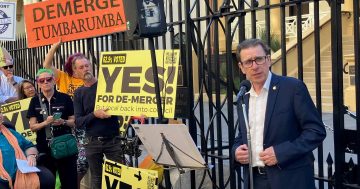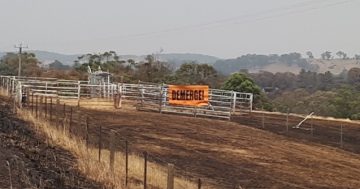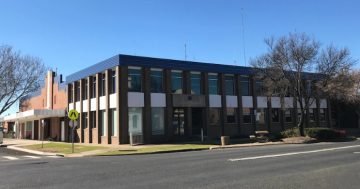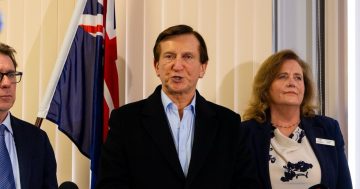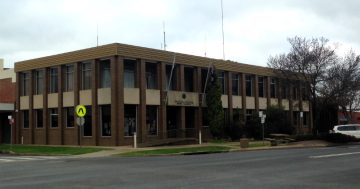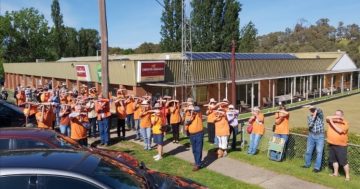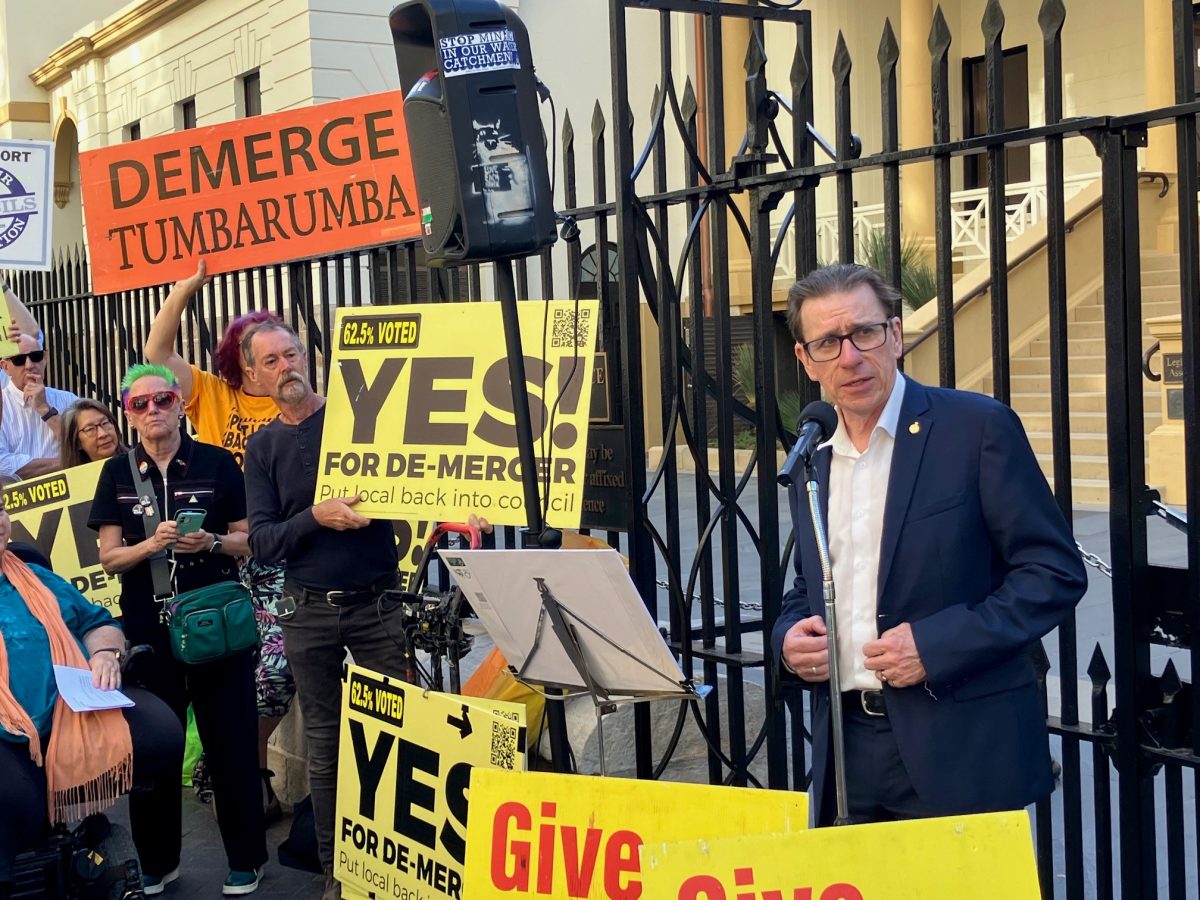
Wagga MP Dr Joe McGirr called for the NSW Government to “clean up the mess” created by forced council amalgamations. Photo: Supplied.
Advocates for the demerger of amalgamated councils say the Local Government Minister has not engaged with them over Labor’s deamalgamation pathway bill.
Protestors gathered outside NSW Parliament House on Tuesday (12 March) where Minister Ron Hoenig was due to introduce the bill for debate.
“Labor’s bill is a far cry from its election promise and even its policy,” declared Grantley Ingram from Demerge NSW Alliance.
“Labor convinced communities across the state suffering under the forced amalgamations of 2016 to vote for them.
“It is now turning its back on those same people by removing the government’s obligation to fund the one-off costs, and to disallow communities and councils from even holding a poll on deamalgamation.”
The question of ‘Who pays for it?’ has been the chief criticism of the bill, which requires councils to develop a robust business case that includes an LGA’s ability to fund the demerger.
Member for Wagga Wagga Dr Joe McGirr’s electorate includes the Snowy Valleys Council LGA and borders the Cootamundra–Gundagai Regional Council LGA.
He addressed the protestors on Tuesday, reiterating his call for a commitment to funding.
“It was a great opportunity to again make it very clear that the government must provide a clear pathway to demerging and provide local councils with the operational and financial help they need to make it a reality,” he said.
“The mergers were a mess created by the state. Now it’s time for the state to clean it up.”
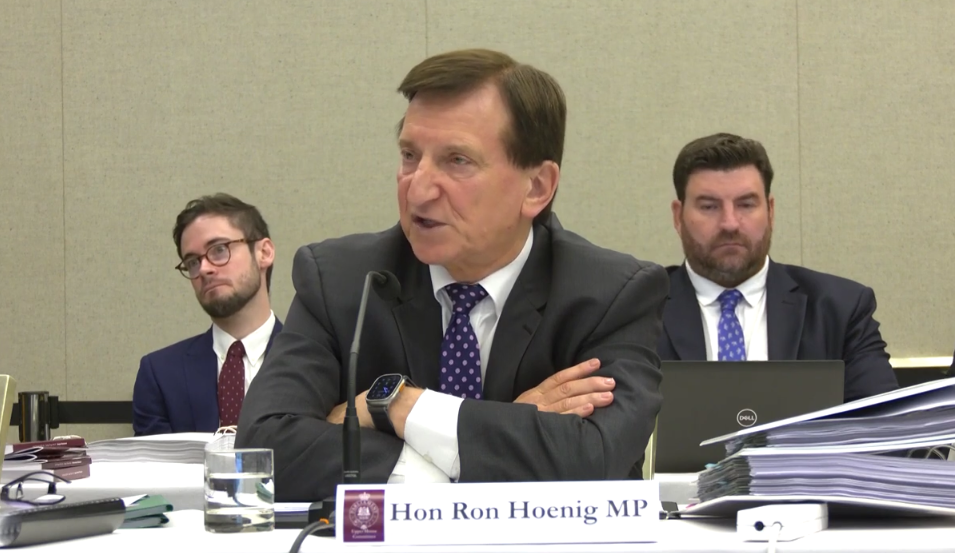
Local Government Minister Ron Hoenig at budget estimates. Photo: NSW Parliament.
In protesting the bill, Mr Ingram suggested that proponents of deamalgamation now believed that they were “being taken for a ride”.
The group has a three-fold demand, asking for a pathway to deamalgamation, the opportunity for communities to propose a referendum and a commitment to funding support.
“Local government elections are coming up in September and we cannot leave merged councils and communities hanging any longer,” said Mr Ingram.
At budget estimates earlier this month, the minister refused to be drawn on whether Cootamundra-Gundagai, which is already on track to demerge, could defer the elections until the situation was resolved.
“I’m just not mindful to push democracy away,” he replied, saying that he had yet to hear a timeframe from the council.
“Let’s do one step at a time because we’ll just wait and see.”
While he refused to commit to what he called “uncapped, unqualified funding”, Minister Hoenig suggested that he would “go out of his way” to help small regional councils.
Using Cootamundra–Gundagai as an example, Mr Hoenig questioned what actual funds would be required since they were essentially already functioning as two separate councils.
He suggested that they could continue to share some assets, like IT services, and said that expenses could be as minimal as new signs and uniforms.
“The mayor … last year told my predecessor he could do it [de-merge] in three months,” Mr Hoenig said, adding that he was still waiting to see a proposal.
“I’m in their hands. It’s about time the state was in the hands of communities rather than sticking their nose in,” he said.
Original Article published by Chris Roe on Region Riverina.


